- What is White-Collar Work?
- How ChatGPT Will Destabilize White-Collar Work
- How ChatGPT is Already Used in White-Collar Work
- Future Predictions on How ChatGPT Will Destabilize White-Collar Work
- Final Thoughts
- FAQs
- Will ChatGPT completely replace human workers?
- What are the challenges associated with implementing ChatGPT in the workplace?
- How can businesses prepare for the integration of ChatGPT into their workflows?
- What are the ethical implications of ChatGPT's impact on white-collar work?
- What measures can be taken to mitigate the negative effects of ChatGPT's disruption in the workplace?
How ChatGPT Will Destabilize White-Collar Work

- What is White-Collar Work?
- How ChatGPT Will Destabilize White-Collar Work
- How ChatGPT is Already Used in White-Collar Work
- Future Predictions on How ChatGPT Will Destabilize White-Collar Work
- Final Thoughts
- FAQs
- Will ChatGPT completely replace human workers?
- What are the challenges associated with implementing ChatGPT in the workplace?
- How can businesses prepare for the integration of ChatGPT into their workflows?
- What are the ethical implications of ChatGPT's impact on white-collar work?
- What measures can be taken to mitigate the negative effects of ChatGPT's disruption in the workplace?
With the rapid advancements in artificial intelligence, there is a growing concern about how ChatGPT will destabilize white-collar work.
These powerful AI models can potentially disrupt traditional professions by automating routine tasks, reshaping skill requirements, and ultimately altering the landscape of white-collar work as we know it.
In this blog, we will explore how ChatGPT will destabilize white-collar work, exploring the opportunities and challenges it presents for workers, industries, and society.
What is White-Collar Work?

White-collar work encompasses many professional, managerial, and administrative roles within office settings.
These roles involve data analysis, strategic decision-making, stakeholder communication, and problem-solving.
Examples of white-collar occupations include accountants, lawyers, bankers, engineers, human resource managers, and administrative assistants.
White-collar workers are commonly found across various industries, such as finance, law, healthcare, technology, education, and government.
The term “white-collar” originated from the attire worn by professionals, which often included white dress shirts and collars, symbolizing their formal and professional demeanor.
In contrast to blue-collar work, which primarily involves manual labor, white-collar work is characterized by higher levels of education, specialized skills, and typically higher salaries.
How ChatGPT Will Destabilize White-Collar Work
ChatGPT, or similar AI language models, have the potential to disrupt white-collar work in several ways:
- Automation of Routine Tasks: AI can automate tasks such as data entry, scheduling, and basic customer service inquiries. This can reduce the need for human employees to perform repetitive administrative tasks, leading to potential job displacement in clerical and administrative roles.
- Improved Efficiency: ChatGPT can analyze large volumes of data quickly and accurately, enabling organizations to make faster and more informed decisions. This may lead to downsizing in specific departments as fewer employees are needed to manage and analyze data.
- Enhanced Customer Service: AI-powered chatbots can handle many customer inquiries, providing 24/7 support and reducing the need for human customer service representatives. While this can improve customer satisfaction and reduce business costs, it may also result in job losses for human agents.
- Personalized Recommendations: AI algorithms can analyze customer behavior and preferences to provide customized product recommendations and marketing strategies. While this can increase sales and customer engagement, it may reduce the need for human marketers and salespeople.
- Creative Assistance: AI can assist professionals in creative fields such as writing, design, and marketing by generating ideas, suggesting improvements, and even creating content autonomously. While this can enhance productivity and innovation, it may also lead to fewer job opportunities for human creatives.
Overall, while AI technologies like ChatGPT have the potential to streamline processes, improve productivity, and enhance customer experiences, they also pose challenges for the future of white-collar work by potentially displacing jobs and requiring workers to adapt to new roles and skill sets.
How ChatGPT is Already Used in White-Collar Work
ChatGPT is already being utilized in various white-collar industries for a range of purposes:
1. Customer Service
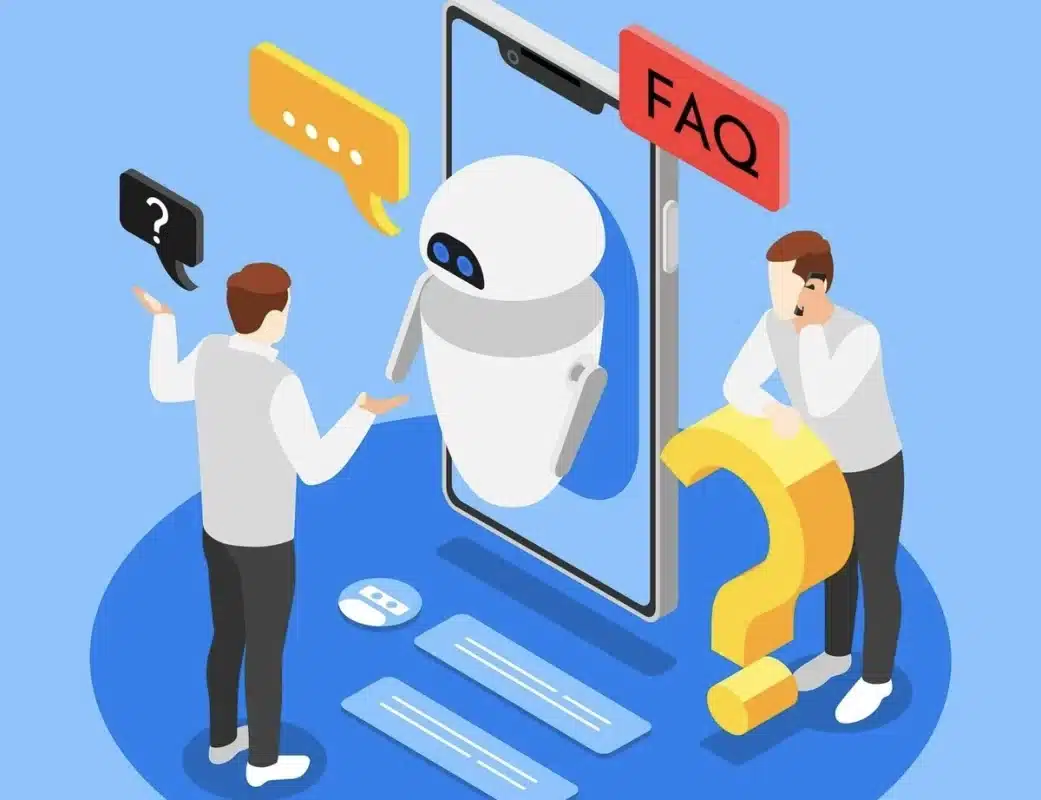
ChatGPT is revolutionizing customer service across various industries by powering intelligent chatbots capable of handling diverse customer inquiries.
These chatbots can engage with customers in natural language conversations, providing assistance, troubleshooting issues, and even processing transactions.
For instance, in the banking sector, ChatGPT-powered chatbots are deployed on websites and mobile apps to address common banking queries such as account balances, transaction histories, and fund transfers.
These chatbots can also guide customers through complex processes like applying for loans or setting up new accounts.
For example, an eCommerce platform might utilize ChatGPT to provide personalized product recommendations based on customers’ preferences and purchase history, leading to increased sales and customer satisfaction.
2. Data Analysis

ChatGPT will destabilize white-collar work by revolutionizing data analysis processes across finance, marketing, and consulting industries.
With its advanced natural language processing capabilities, ChatGPT can efficiently analyze vast unstructured data, extract valuable insights, and generate actionable recommendations.
For example, financial institutions will increasingly rely on ChatGPT to identify market trends, assess investment opportunities, and manage risks, potentially reducing the need for human analysts.
Similarly, marketing agencies and consulting firms will use ChatGPT to simplify data analysis tasks, such as sentiment analysis on social media, competitor research, and consumer behavior patterns.
As ChatGPT continues to enhance the efficiency and accuracy of data analysis, it poses a challenge to traditional white-collar roles reliant on manual data processing and analysis.
3. Content Generation
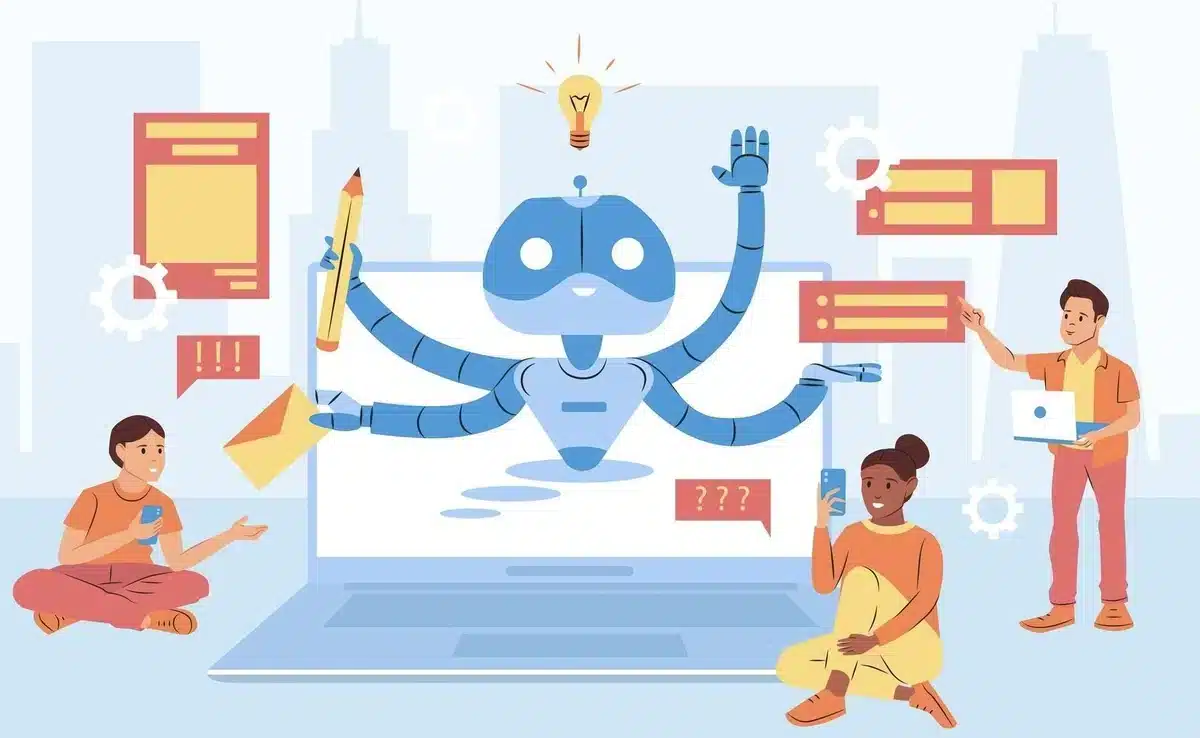
ChatGPT is revolutionizing content creation across various industries.
Content creators, marketers, and journalists utilize ChatGPT to brainstorm ideas, draft articles, and develop marketing materials.
For instance, a digital marketing agency might use ChatGPT to generate social media posts tailored to specific target audiences, optimizing engagement and reach.
Additionally, ChatGPT can assist in generating product descriptions for eCommerce websites, writing blog posts on niche topics, and even crafting email newsletters.
Its ability to understand context and mimic human writing style makes it a valuable tool for generating high-quality content efficiently. However, removing the chatgpt detection from the content is essential to make it original and authentic.
This not only saves time for content creators but also ensures consistency and relevancy in the content produced.
4. Language Translation
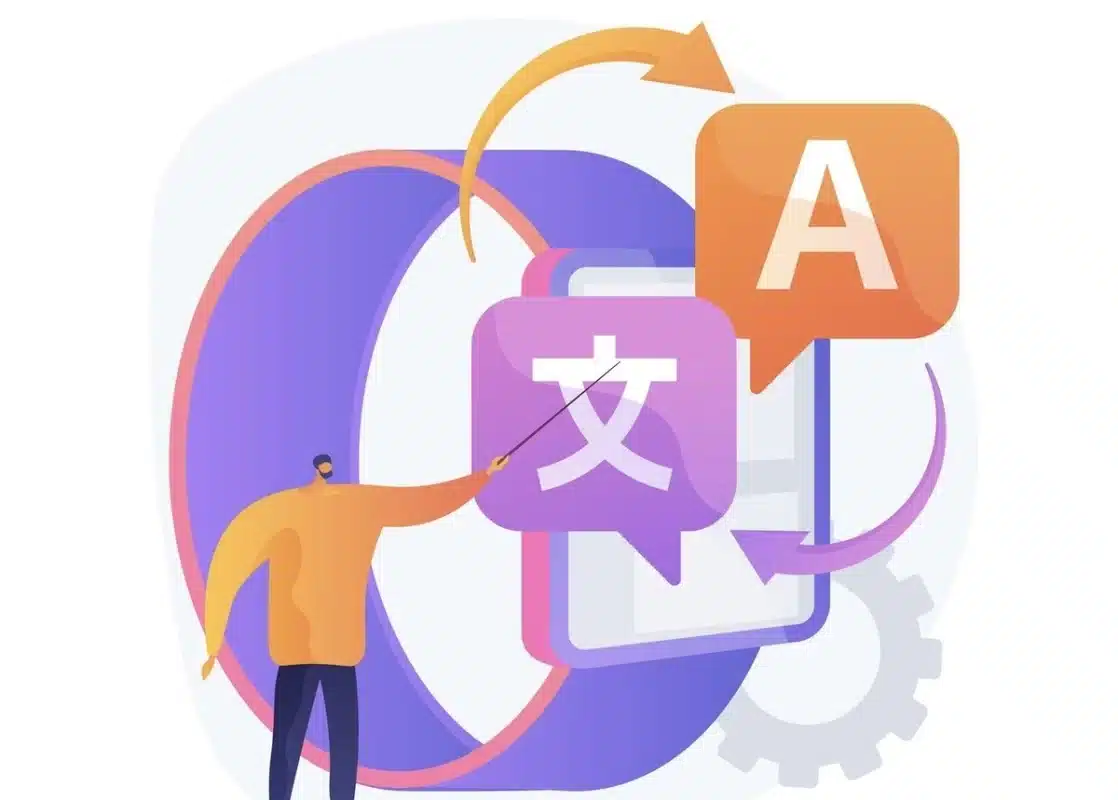
ChatGPT will destabilize white-collar work by using content creation across various industries. Content creators, marketers, and journalists utilize ChatGPT to brainstorm ideas, draft articles, and develop marketing materials.
For instance, a digital marketing agency might use ChatGPT to generate social media posts for specific target audiences, optimizing engagement and reach.
Additionally, ChatGPT can assist in generating product descriptions for eCommerce websites, writing blog posts on niche topics, and even crafting email newsletters.
Its ability to understand context and mimic human writing style makes it a valuable tool for generating high-quality content efficiently.
This not only saves time for content creators but also ensures consistency and relevancy in the content produced.
5. Legal Research
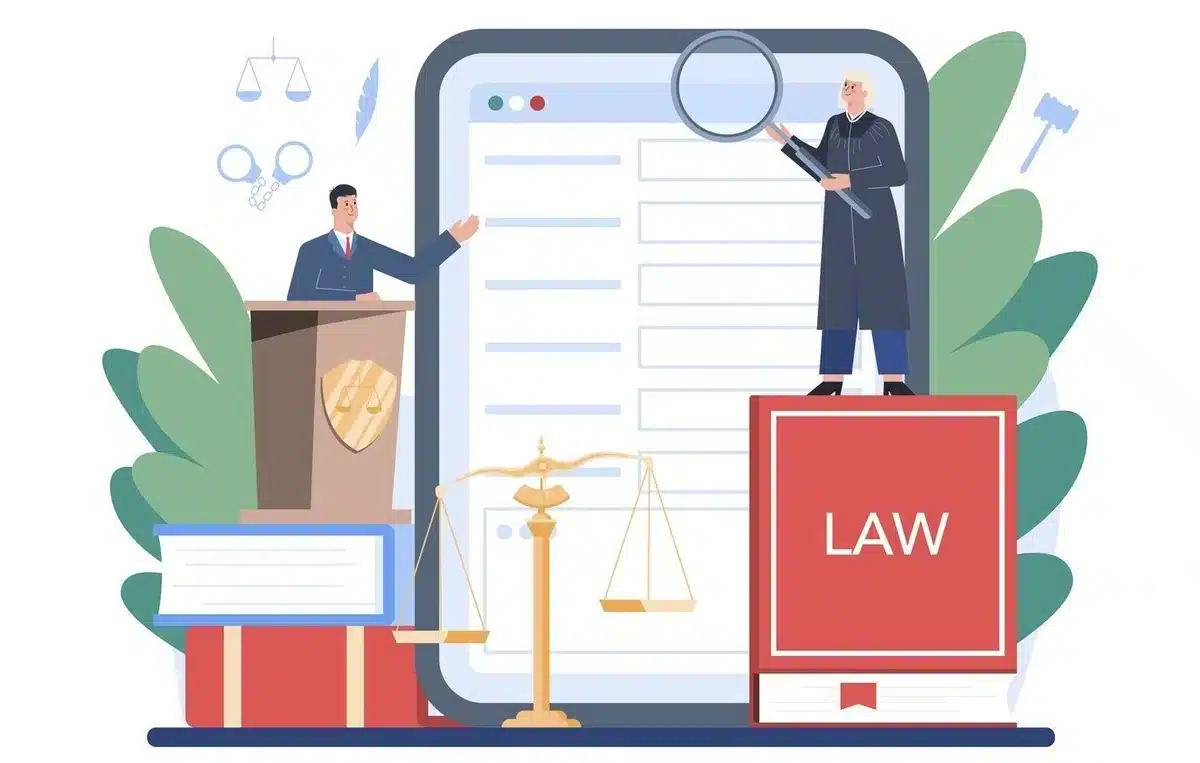
ChatGPT will destabilize white-collar work by utilizing legal research processes.
Law firms and legal departments increasingly integrate ChatGPT into their operations to automate tasks and enhance efficiency.
For instance, ChatGPT can swiftly analyze extensive legal databases, statutes, and case law to provide concise summaries and identify relevant precedents, reducing the time spent on manual research.
Moreover, it assists in contract analysis by pinpointing critical clauses and potential areas of concern.
This automation not only speeds up the research process but also enhances accuracy.
Additionally, ChatGPT can aid in legal writing, generating initial drafts of memos, briefs, and contracts based on specific criteria provided by lawyers.
ChatGPT allows legal professionals to focus on strategic activities by streamlining routine legal tasks, ultimately reshaping the landscape of white-collar work in the legal sector.
6. Training and Education
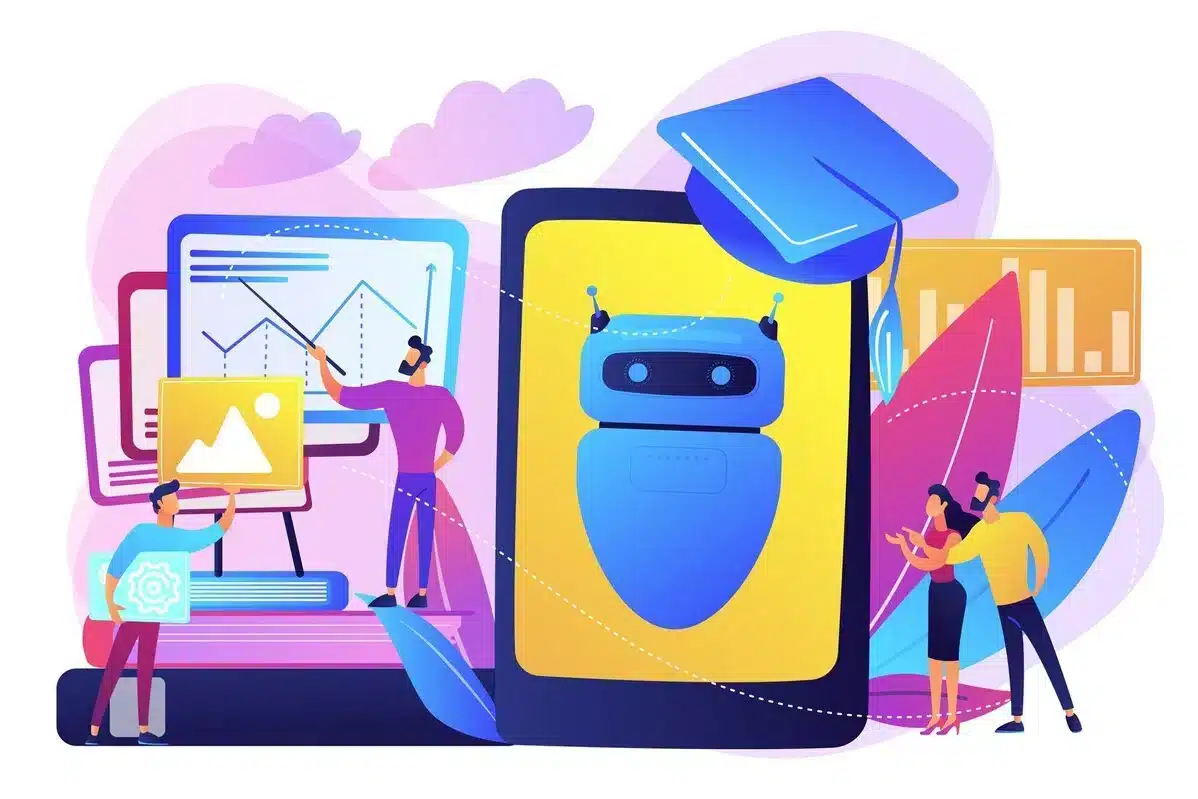
ChatGPT will destabilize white-collar work by including how training and educational content are created and delivered.
Online learning platforms, educational institutions, and corporate training programs increasingly integrate ChatGPT to provide personalized and interactive learning experiences.
For instance, a language learning app might utilize ChatGPT to generate custom exercises based on learners’ proficiency levels, interests, and learning objectives.
These exercises could include interactive dialogues, grammar drills, and vocabulary quizzes personalized to each learner’s needs.
ChatGPT can provide real-time feedback and explanations to help learners understand concepts better.
Furthermore, in corporate training programs, ChatGPT can assist employees in mastering new skills by generating training modules, simulations, and job aids.
For example, a software company might use ChatGPT to create interactive tutorials and troubleshooting guides for its employees to learn how to use new software tools effectively.
Future Predictions on How ChatGPT Will Destabilize White-Collar Work
In the future, ChatGPT will destabilize white-collar jobs in several ways:
- Automation Advancements: As ChatGPT and similar AI technologies and AI detectors continue to advance, they will become increasingly capable of automating complex tasks currently performed by white-collar workers. This could include routine administrative duties and more sophisticated functions in fields like finance, law, and marketing.
- Integration into Workflows: ChatGPT will use various white-collar workflows, serving as virtual assistants for professionals across different industries. This integration could streamline processes, increase productivity, and reduce the need for human intervention in specific tasks.
- Specialized Applications: Future developments may see ChatGPT becoming more specialized for specific industries or job functions. This specialization could enable even more significant disruption by providing tailored solutions for tasks traditionally performed by white-collar workers.
- Job Redefinition and Displacement: As ChatGPT takes on more responsibilities within white-collar professions, the nature of these jobs may evolve. Some tasks may be completely automated, leading to job displacement for specific roles, while others may require workers to adapt and acquire new skills to complement AI technologies.
- Ethical and Societal Implications: The widespread adoption of ChatGPT and similar AI technologies raises ethical questions regarding job displacement, inequality, and the concentration of power. As such, policymakers and organizations must address these concerns to ensure a fair transition and mitigate potential negative impacts on society.
In the future, ChatGPT will destabilize white-collar work and is likely to be characterized by continued innovation, integration, and adaptation, reshaping the landscape of professional roles and responsibilities in the years to come.
Final Thoughts
In conclusion, the introduction of ChatGPT has undoubtedly changed the future of white-collar labor.
As we explore how ChatGPT will destabilize white-collar work, it becomes clear that its ability to automate processes, optimize workflows, and create new solutions presents both benefits and problems.
While ChatGPT offers increased efficiency and productivity, extensive implementation may result in job displacement and need a thorough rethinking of established roles and skills.
Politicians, businesses, and individuals must proactively address the ethical, sociological, and economic implications to navigate this transforming landscape.
By building an environment receptive to creativity, promoting reskilling efforts, and fighting for equal opportunities, we can manage the disruptions generated by ChatGPT and create a future in which technology enhances rather than substitutes human potential in the white-collar realm.
FAQs
Will ChatGPT completely replace human workers?
While ChatGPT can automate specific tasks, it’s unlikely to replace human workers entirely. Instead, it will complement human capabilities, augmenting workforce capabilities rather than replacing them entirely.
What are the challenges associated with implementing ChatGPT in the workplace?
Challenges may include concerns about job displacement, the need for upskilling and reskilling employees to work alongside AI, data privacy and security considerations, and ensuring that AI systems are transparent and unbiased in their decision-making processes.
How can businesses prepare for the integration of ChatGPT into their workflows?
Businesses can prepare by investing in employee training programs, developing clear guidelines for AI usage and governance, fostering a culture of collaboration between humans and AI systems, and continuously monitoring and adapting to technological advancements in AI.
What are the ethical implications of ChatGPT’s impact on white-collar work?
Ethical considerations may include ensuring fair treatment of employees affected by automation, addressing AI algorithm biases, maintaining AI usage transparency, and prioritizing the ethical and responsible deployment of AI technologies to minimize negative societal impacts.
What measures can be taken to mitigate the negative effects of ChatGPT’s disruption in the workplace?
ChatGPT will destabilize white-collar work, but we can implement various strategies to reduce it, such as policies for job retraining and redeployment, building a supportive organizational culture that embraces technological change, and collaborating with stakeholders to address societal concerns about AI’s impact on employment and society.

Kartika Musle
A Tech enthusiast and skilled wordsmith. Explore the digital world with insightful content and unlock the latest in tech through my vision.

Leave a Reply